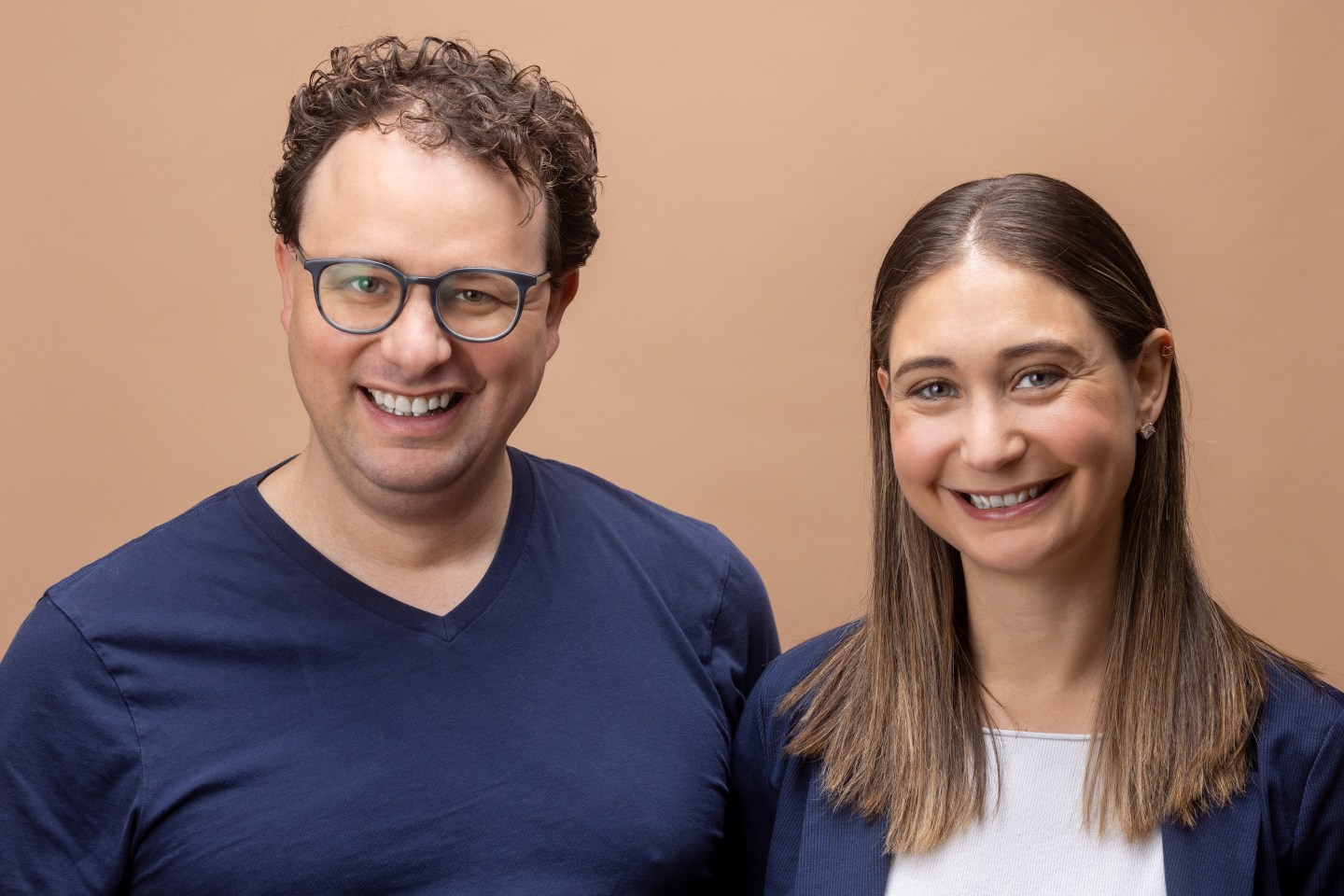Like a lot of my Gen X peers, my summers were filled with jobs, good and bad. I worked at a Ponderosa Steakhouse, then in a hospital kitchen. I also wrote press releases for the Ontario government, ran a newspaper for high schoolers, interned at the Toronto Star, and did assorted other gigs along the way.
My Gen Z kids have had a different experience. The youngest got a tree-planting job this summer, only to have it canceled at the last minute. He then looked for jobs in retail and restaurants with mixed success. My middle child moved from college to culinary school and is working as a caterer and kitchen staff between classes. And the oldest, 23, interned at a law firm and AI startup during past summers but currently pays the bills by playing poker, buying stocks, and winning golf tournaments. He wants a traditional job but doesn’t seem worried.
I thought of them when reading that Gen Z is having a hard time getting an entry-level gig. U.S. companies hired fewer interns this past summer, especially in tech and finance. It’s no wonder younger workers seem to be so discouraged.
When I spoke with Kevin Ali, CEO of women-focused health care company Organon yesterday, he said the company received 1 million applications for some 9,500 positions. “People who are really interested in the women’s health space have been magnetized and want to be part of this.”
That’s true. But it also means that fewer than one out of every 100 applicants to Organon got a job. The odds of being hired by companies like Google are even lower. Those odds are demoralizing. It’s especially hard for young men.
Some leaders complain about the work ethic of young people or a dearth of talent without looking at what they’re doing to nurture the next generation. The prospect of AI displacing jobs has made that calculus for employers even more complicated; they don’t want to bulk up when they may need to slim down.
The good news for Gen Z workers is that those who don’t land great entry-level gigs may become more resilient by creating work on their own. My eldest, for one, takes free courses in AI and cybersecurity through Google when not organizing his tournaments and such. Many of his friends do the same. If companies don’t want to train them, they’ll train themselves. Rejection can go both ways.
More news below.
Diane Brady
diane.brady@fortune.com
Follow on LinkedIn
TOP NEWS
Nvidia earnings watch
Nvidia will report quarterly earnings this afternoon in what one tech analyst described as "the most important tech earnings in years." The chipmaker's recent performance is a litmus test for the long-term profitability of AI and the future of AI-fueled stock booms. Fortune
Zuckerberg calls out Biden administration
Meta CEO Mark Zuckerberg admitted to being “repeatedly pressured” by Biden administration officials to censor COVID-19 content in a letter sent to Rep. Jim Jordan (R-Ohio). Zuckerberg wrote that he regrets the company was not “more outspoken” about the issue and stated he will refuse requests to remove content by any administration going forward. Fortune
Bloomin' CEO's signing bonus
Bloomin Brands’, the parent company of Outback Steakhouse, is hiring former Delta COO Mike Spanos as its new chief executive and paying him a $500,000 signing bonus, double what he received when he joined Delta. Spanos’s initial payment package is worth $12.3 million; he'll also receive almost $2 million in severance from Delta. Fortune
AROUND THE WATERCOOLER
Peloton’s former billionaire CEO says he’s lost all his money and had to sell his possessions by Orianna Rosa Royle
New CEO could bring Red Lobster C-Suite stability—and prevent another endless shrimp debacle by Sheryl Estrada
The NFL is on the cusp of allowing private equity into the league by Paolo Confino
Americans are draining stock portfolios to shovel more money into sports betting by Sasha Rogelberg
This edition of CEO Daily was curated by Joey Abrams.














